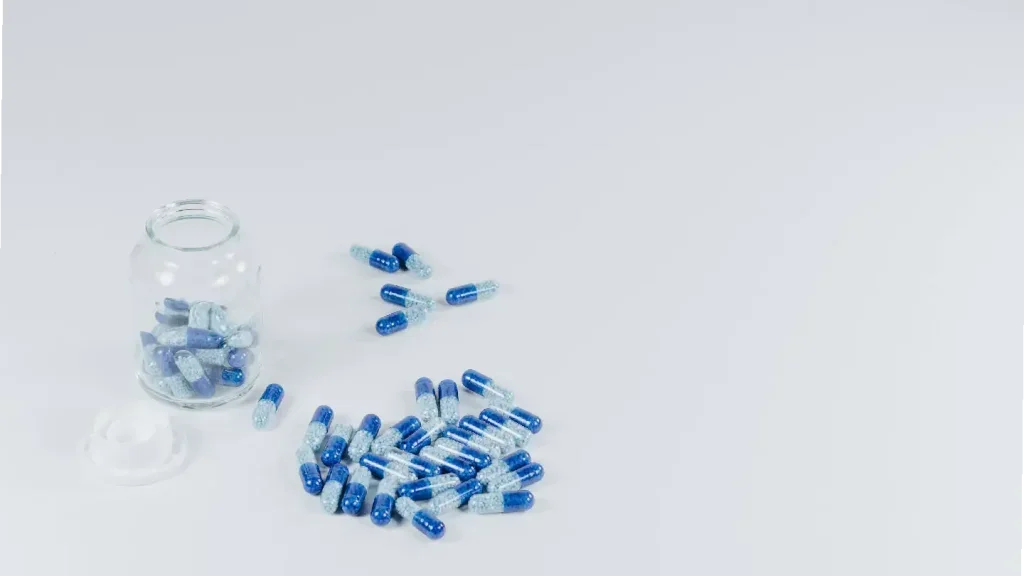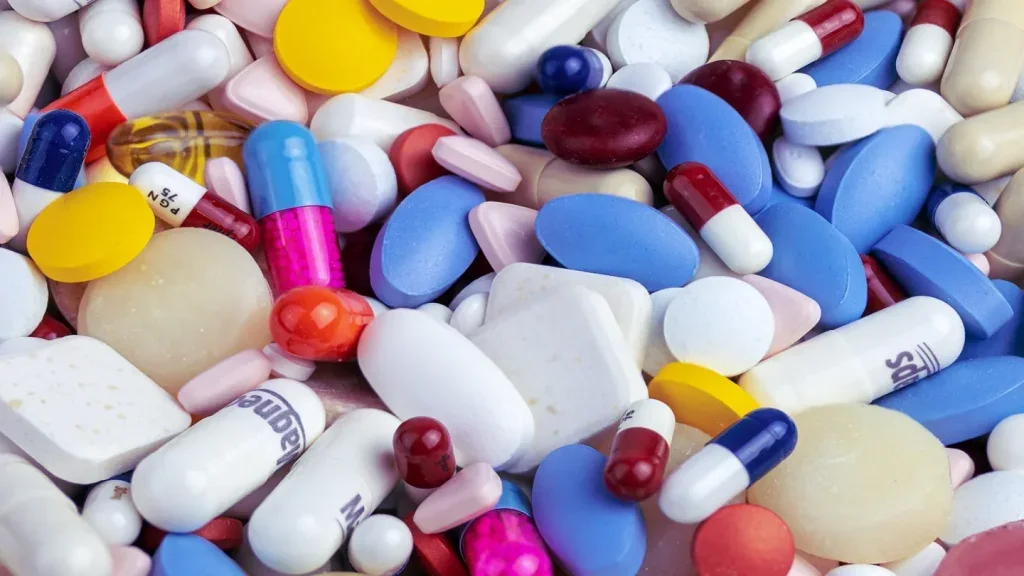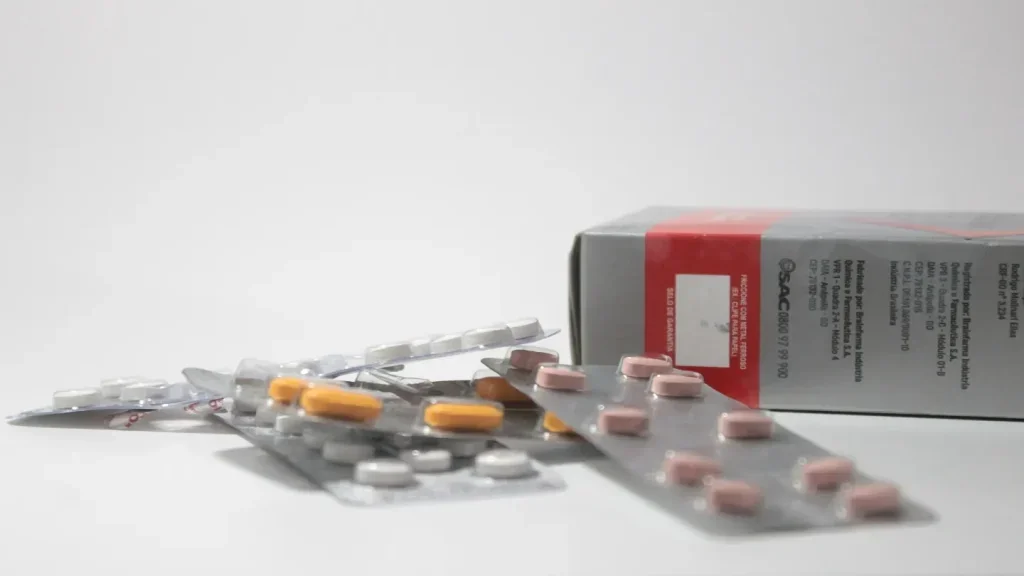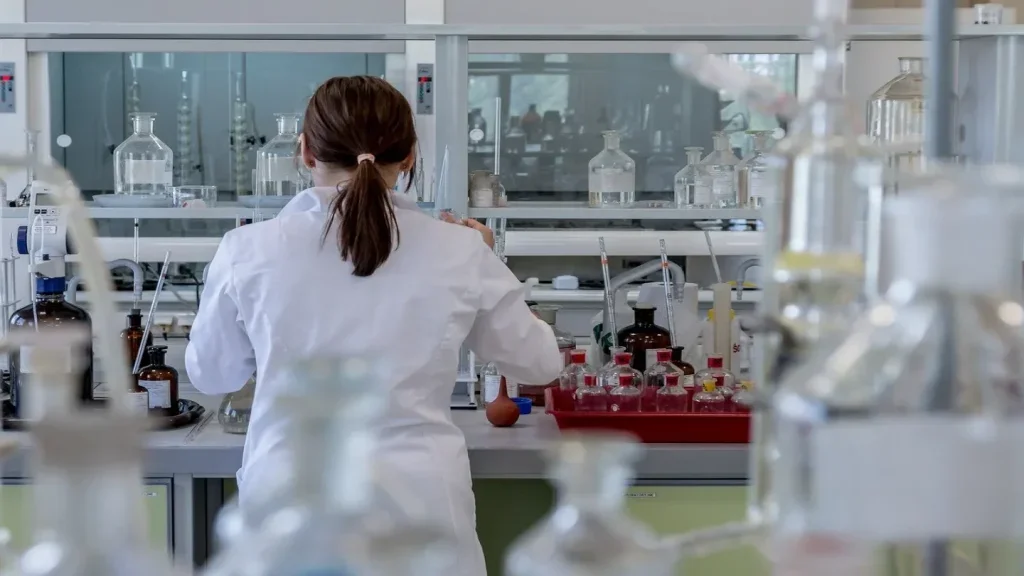All articles by Ky Nikitha
The first move
There is increasing talk of ‘patient-centricity’ within the industry. Incorporating this concept into drug delivery can be challenging but provides huge opportunity to improve adherence. Louise Thomas speaks to John Burke, senior consultant at Team, about the best practices when implementing this approach.
Ride the wave
The ability to share data throughout the entire supply chain is essential to optimise logistical services for pharmaceutical products. To achieve this goal, the implementation of digital technologies plays a key role. Emma Green speaks to Niels Hackius, research associate at the Hamburg University of Technology, about the range of tools available, particularly the value of blockchain.
Agent nanoparticles
Using gold nanoparticles and an intriguing protein pair called SpyTag and SpyCatcher, researchers at the University of Lincoln have pioneered a new approach for delivering nanomedicine more cheaply and effectively. Isabel Ellis talks to senior lecturer and lead author Enrico Ferrari about sneaking medicine through the bloodstream.
Top of the green chain
Pharmaceutical companies have long grappled with getting their supply chains in order, especially when it comes to keeping them sustainable. But between lax reporting and environmental scandals, supply chains have traditionally been decidedly ungreen. Andrea Valentino talks to David McClintock and Camille Messer of sustainability ratings company EcoVadis about how a new joint initiative could finally help the industry clean up – and how the latest technology is pushing it along.
Only as strong as the weakest link
Pharmaceuticals are particularly difficult to transport, with a number of potential areas of weakness within the supply chain. Greater data sharing between partners can provide opportunities as well as challenges. Michael Shaw investigates how new technologies can strengthen pharmaceutical logistics and allow drugs manufacturers to comply with stringent new regulations.
Piece by piece
For over 20 years, contract manufacturing organisations (CMOs) have played an increasingly important role in the pharmaceutical industry. The need to lower the time to market, improve process efficiency and reduce costs are all key factors that have resulted in building on this trend, and will continue to do so for the foreseeable future. Emma Green discusses the key considerations when choosing and working with a CMO.
Generation excipients
There are a number of different parenteral-grade excipients used in biopharmaceutical formulations. Deciding between them can be challenging, particularly in light of today’s stringent regulatory requirements. Abi Millar speaks to Rajsekhar Paul, fellow at Novartis, focusing on late-phase pharmaceutical development in biologics, about moving beyond pharmacopeia to next-generation parenteral excipients.
The circle of life
Manufacturing a cell or gene therapy is difficult and costly. Unlike other types of drugs, these living cells demand a sophisticated and circular process that is individuated for each patient. Minh Hong, head of commercial development for cell therapies at Lonza, speaks to Louise Thomas about optimal strategies when manufacturing these drugs, including how to choose the right technology.
On closer inspection
While there is widespread knowledge of the growth of the illicit drugs trade, pharmaceutical experts say serialisation compliance is only part of the solution. Patrick Kingsland speaks to Guido Holzem, senior intelligence manager global GxP & eCompliance QA at Grünenthal; Pasi Kemppainen, a management adviser at Santen Pharmaceutical; and Géraldine Lissalde-Bonnet, director of public policy at GS1, about how best to protect pharmaceutical companies and patients.
Horizon scanning
Even before the EU’s 2011 Falsified Medicines Directive, serialisation was a key concern for commercial pharmaceuticals. Now, with the launch of an industry-backed global standard for labelling and identifying investigational products, the clinical supply chain is finally aligning with its more public-facing counterpart. Isabel Ellis speaks with Tania Snioch, healthcare director at GS1, about how standardising labels can streamline medical research.









